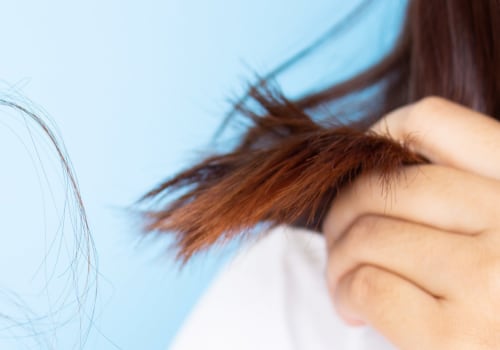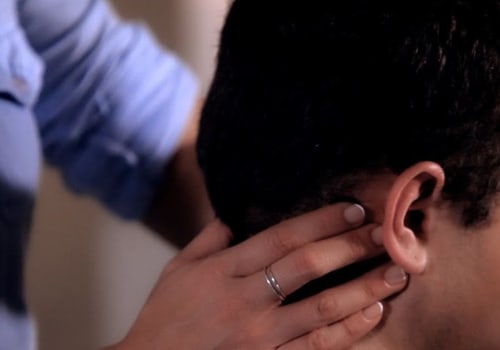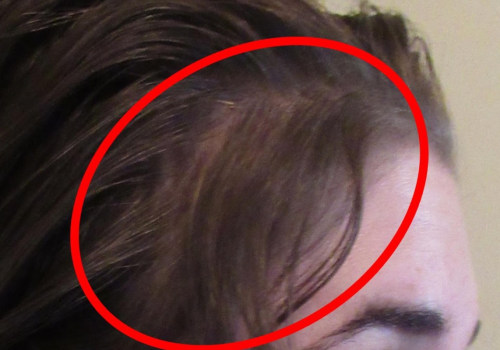Hair loss is more common in patients who have had the gastric sleeve or gastric bypass procedure. In fact, between 30 and 40% of patients will experience some form of hair loss after surgery. More hair loss than normal is common in the months after bariatric surgery. Talk to your doctor about dietary changes or supplements that reduce hair loss after the procedure.
You should notice less hair loss over time, and your hair should start to grow more typically after that. Talk to your doctor if you experience hair loss 6 months or more after the procedure. Nutritional deficiencies are the most common cause of hair loss in bariatric patients, so you need to take vitamins to keep the body balanced. Vitamins will keep your nutrient levels high, helping you fight hair loss.
Talk to your bariatric doctor to see what types of vitamins you should take and how often. hair loss after gastric sleeve surgery can occur in 30 to 40% of patients. However, this situation is merely temporary if the patient follows the advice of the bariatric surgeon. Hair loss after bariatric surgery can be quite scary and can cause people not to choose bariatric surgery.
However, hair loss is not permanent, and hair grows back with proper nutrition. People who have bariatric surgery are more likely to experience hair loss than those who have had a lap band procedure. This is because in bariatric surgery, weight loss is rapid and there is a greater likelihood of nutrient deficiency in the body once the surgery is completed. But, in the Lap-Band procedure, weight loss is gradual, so people experience less hair loss.
Ferritin levels are indicative of iron storage in the body, and low ferritin levels are commonly associated with hair loss. If all your efforts fall short and you keep losing hair, you may need to add more zinc to your diet. After bariatric surgery, the body may experience deficiencies in certain nutrients and minerals that can cause hair loss. Because telogen effluvium does not damage the hair follicles, the hair will eventually start to grow again.
Research has shown that physiological stress resulting from major surgery and rapid weight loss can cause the body to shift nutrients to vital organs such as the heart and brain and away from cosmetic functions such as hair growth. Of course, the weight loss team and their team of experts will be more than ready to guide you through your weight loss journey after your gastric sleeve or gastric bypass, as well as any revision surgery options you may need if you are not satisfied with the results of your weight loss. While it may seem scary to reach your weight loss goals just to lose your beautiful locks, unless you have a pre-existing condition that affects hair growth, your hair will grow back. Patients who undergo gastric sleeve surgery or gastric bypass are more likely to experience hair loss due to rapid weight loss that can cause the body to shift nutrients to vital organs such as the heart and brain and away from cosmetic functions such as hair growth.
Here are some of the simplest but effective tips that will allow you to enjoy your new body without worrying about hair loss. There is a misconception that hair loss after bariatric surgery is inevitable and there is nothing you can do to prevent it. The patient should be given appropriate guidance on what protein-rich foods they can and should eat and which supplements will help prevent hair loss. .





